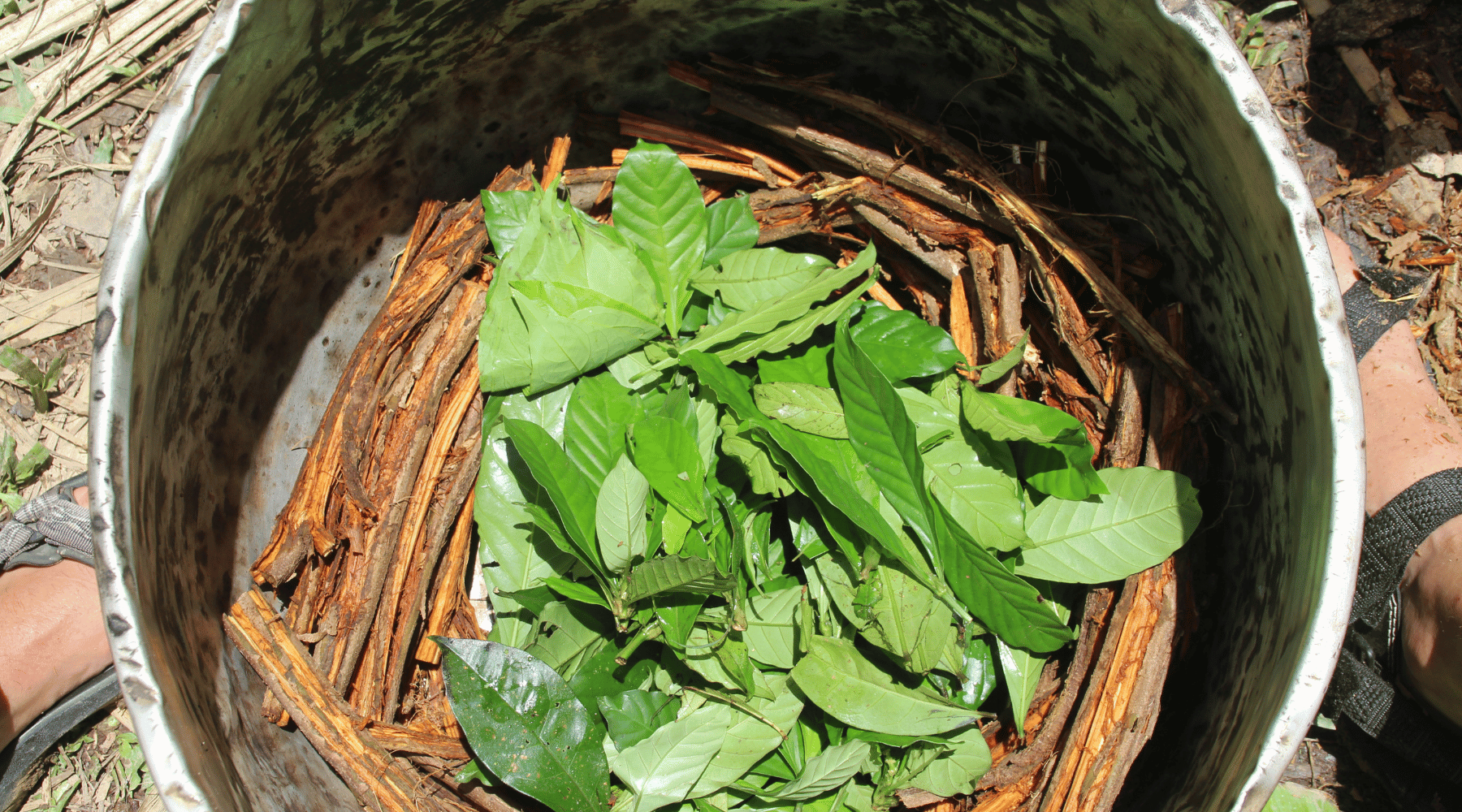
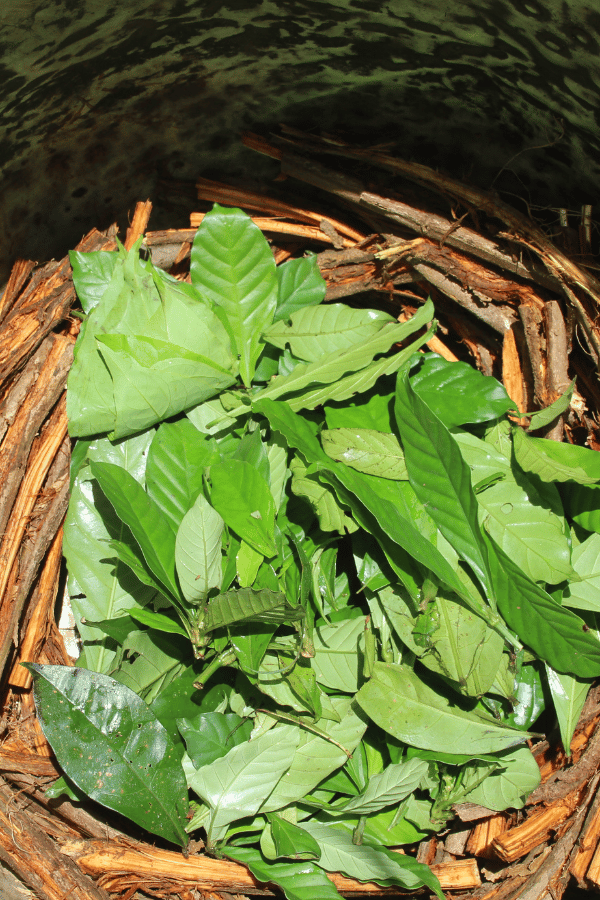
The Legal Status of Ayahuasca: What You Need to Know
The discussion surrounding the legality of the plant-based brew known as ayahuasca is as complex as the ancient cultures and rituals from which it originates.
This potent brew, traditionally prepared in the Amazon rainforest and revered as a conduit to spiritual insight, has been the object of intense legal scrutiny in many parts of the world.
Spiritual Seekers, Alternative Medicine Enthusiasts, and Travelers are navigating a landscape where the herb exists in a legal grey area, highlighting its precarious position in the law.
Ayahuasca has established roots in specific regions but faces criminalization across various national jurisdictions. Understanding the nuanced legal status is crucial for individuals wishing to partake in the ayahuasca experience and for communities built around its religious practices.
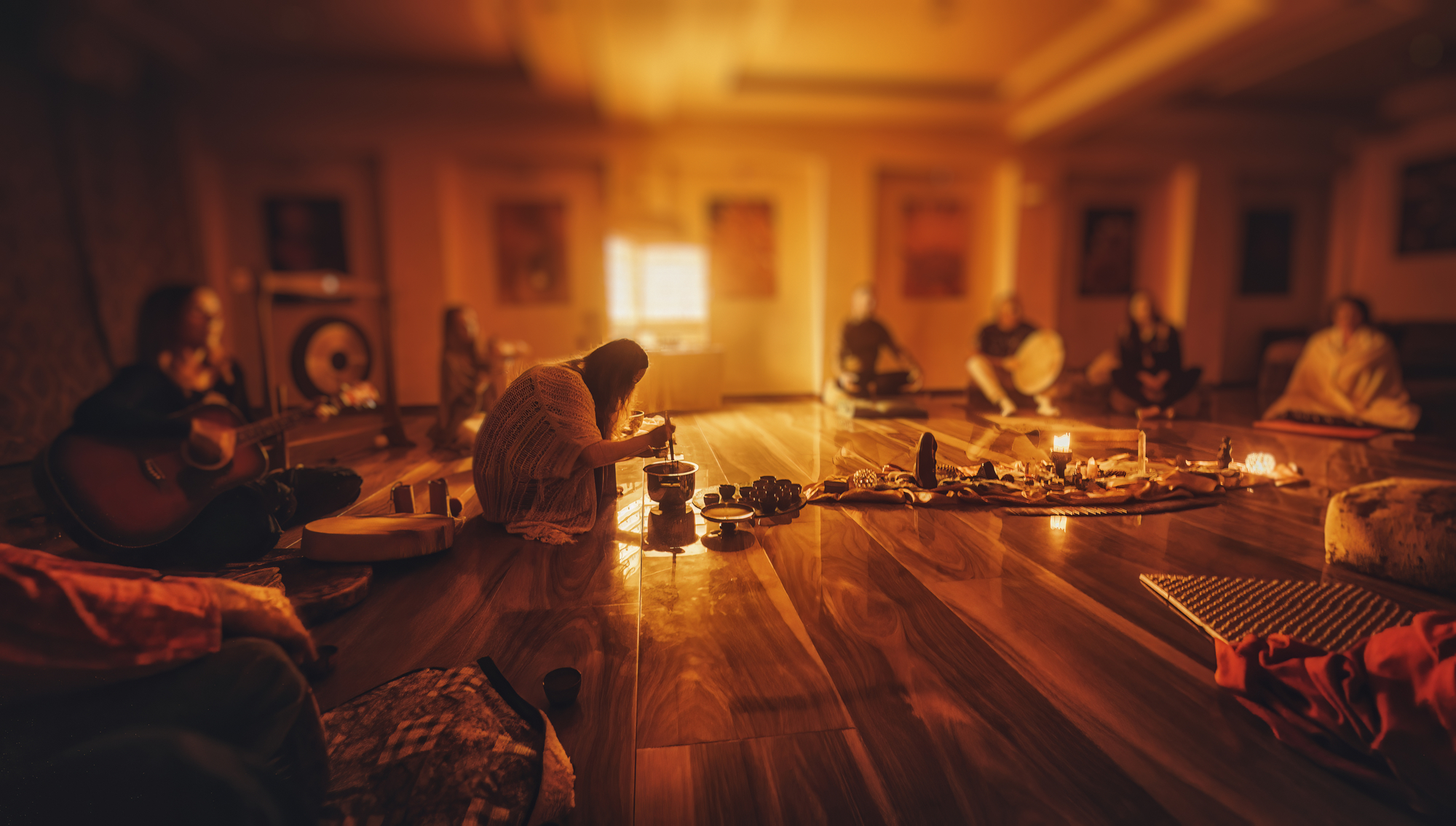
A Historical and Cultural Odyssey

Ayahuasca is not solely a concoction of plants; it is a composition of millennia-old traditions, beliefs, and healing techniques.
Indigenous tribes of the Amazon basin, including the Shipibo, Quechua, and Ashaninka, have long held ayahuasca as a central element of their spiritual and medicinal practices.
These Indigenous communities administer drinking ayahuasca in carefully structured religious ceremonies, believing it to be a means of communicating with the spirit world, purging negativity, and healing both physical and mental health conditions.
The brew’s ceremonial use has served as an expression of cultural identity and a lineage of knowledge spanning generations.
The Plant’s Legal Landscape
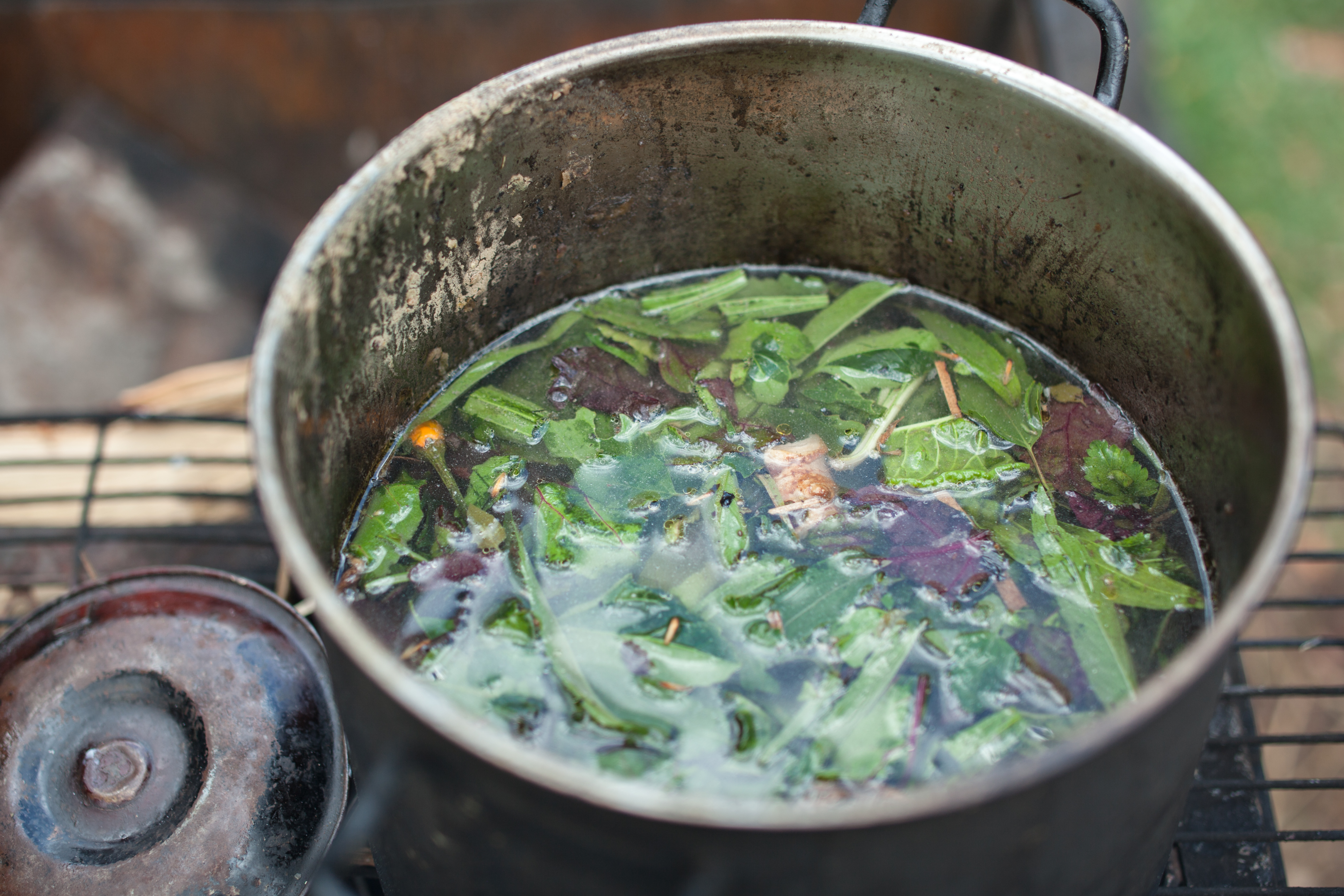
Legally, the status of ayahuasca is a patchwork.
In countries where the plants containing DMT, ayahuasca's psychoactive component are native, laws often implement safeguards that recognize their cultural significance.
Brazil, for example, allows ayahuasca ceremonies within religious settings. However, nations with no historical ties to ayahuasca may view its DMT content as a controlled substance.
Western governments have wrestled with the classification of DMT, which is often listed as a Schedule I substance, denoting a high potential for abuse and no recognized medical use. The classification has led to widespread illegality or tightly regulated contexts for ayahuasca outside of its indigenous homelands.
Ayahuasca in the United States: A Tangle of Regulations
The legality of ayahuasca in the United States is a juxtaposition of federal drug laws, the Religious Freedom Restoration Act, and individual state statutes.
The federal government maintains DMT as a Schedule I drug under the Controlled Substances Act, consequently prohibiting the use, possession, or manufacturing of ayahuasca.
Nonetheless, certain religious groups, like the Santo Daime and the União do Vegetal (UDV), have established a legal precedent for their use of ayahuasca.
Their court-affirmed exemptions, granted under the Religious Freedom Restoration Act, allow them to conduct ceremonies, provided they adhere to strict regulations and are members of the affiliated organizations.
Canada’s Tenuous Grasp on Ayahuasca
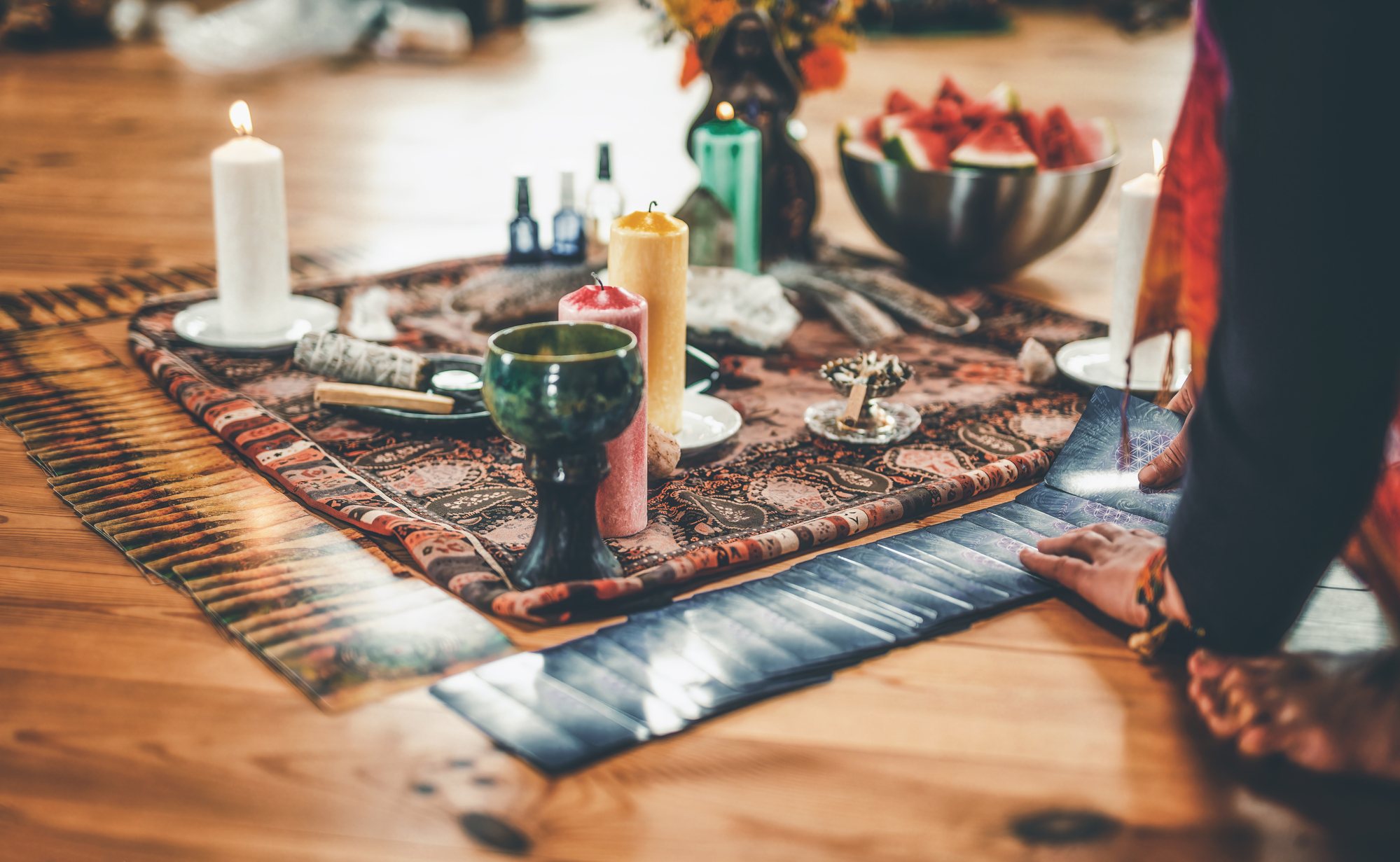
In Canada, the legal status of ayahuasca is evolving, with several landmark cases setting precedents. The country currently operates under a framework that allows for religious exemptions to controlled psychoactive substances laws, following decisions favoring the UDV and Santo Daime church laws.
However, beyond these religious protections, Canada is actively exploring the integration of natural psychedelic substances, including ayahuasca, into therapeutic modalities. With an eye on harm reduction and medical psychedelic research, Canada's approach to ayahuasca seems more progressive than its southern neighbor's stance, albeit with varying interpretations at the provincial level.
Peru: Traditional Use and Government Sanction
The very homeland of the ayahuasca ceremony, Peru holds the brew in formal recognition. In 2011, Peruvian law decriminalized the use of ayahuasca within traditional contexts, affirming the right of Indigenous communities to perform ceremonies and share their wisdom.
However, as interest in ayahuasca tourism has surged, the Peruvian government has taken steps to regulate the industry, often in response to concerns about safety and cultural appropriation.
Licenses are now required to practice ayahuasca to ensure that traditions are respected and participants' well-being is safeguarded.
Navigating the Unseen Waters of Safety and Regulation
The legal tapestry of ayahuasca is interwoven with concerns over safety and misrepresentation. In nations where the brew is legal, there are efforts to ensure that those preparing and serving the concoction are properly trained and that the ceremonies occur in a secure environment.
These efforts also seek to protect the rainforest from which ayahuasca is derived, addressing sustainability and the ethical collection of its constituent plant species.
Overharvesting and irresponsible sourcing are real threats to the biodiversity of the Amazon, prompting organizations to advocate for sustainable practices within the growing ayahuasca industry.
A Look to the Horizon: Legal Reflection and Evolution
The conversation on ayahuasca’s legal status is far from over. With mounting scientific evidence underscoring the potential therapeutic benefits and a burgeoning global ayahuasca subculture, there is a growing call for a re-evaluation of legal frameworks.
Some argue that the existing drug laws are ill-suited for a substance like ayahuasca, which is used within cultural and spiritual contexts without the harm commonly associated with illicit drugs.
Others stress the need to ensure that legalization efforts protect traditional knowledge and the communities that have stewarded ayahuasca for centuries.
The future may bring changes to how different countries approach ayahuasca. The shifting attitudes towards drug policy, the growing recognition of Indigenous rights, and the increased acceptance of plant medicines all indicate a trajectory that could lead to a more nuanced legal standing for ayahuasca.
However, in the interim, individuals must tread carefully, educated about the legal nuances of ayahuasca possession and use in their respective regions. The delicate dance between tradition and legality is a slim pathway that requires vigilance and respect for the cultural origins and contemporary implications of ayahuasca use.
For now, spiritual seekers and the ayahuasca community at large must balance their thirst for the brew's insights with the intricacies of local and international laws. The legal trajectory of ayahuasca carries profound implications for those who cherish its teachings and medicinal properties, as well as for the diversity of cultural practices that have birthed this ancient elixir.
Only through a continued and thoughtful dialogue, one that incorporates legal, cultural, and ethical considerations, can the global community hope to synchronize with the undeniable spirit of ayahuasca.
The fates of countless ceremonies, individuals, and ecosystems are inextricably linked to the ongoing legal determinations about this potent symbol of connection and consciousness.
Frequently Asked Questions
Where is ayahuasca legal in the US?
Ayahuasca is not broadly legal in the US. However, certain religious groups have been granted exceptions to use it as a sacrament under the Religious Freedom Restoration Act.
Does ayahuasca change you?
Yes, many people report that ayahuasca can lead to profound personal changes. These can include shifts in perspective, emotional healing, help with substance use disorders and increased self-awareness. However, experiences can vary greatly from person to person.
How does ayahuasca affect the brain?
Ayahuasca impacts the brain by altering its chemical composition, primarily affecting the serotonin system, which is responsible for mood and anxiety. It can lead to altered states of consciousness, including visual hallucinations, introspection, and heightened emotional states.
What happens at an ayahuasca retreat?
At ayahuasca retreats, participants partake in ceremonies with shamans, consuming the psychoactive brew for deep spiritual experiences. Activities include preparation, integration, meditation, and group sharing.











Leave a comment